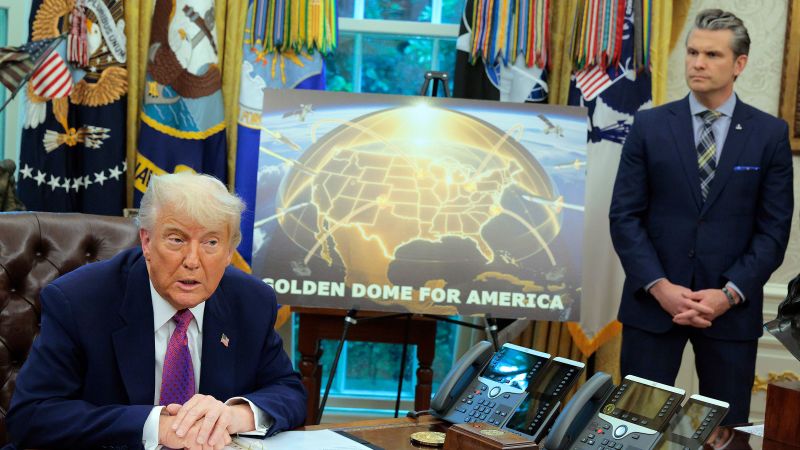EU's Green Regulations Hinder Europe's Defence Efforts: New TNT Factory Faces Hurdles

Europe's ambitious rearmament drive is facing an unexpected obstacle: stringent EU green regulations. As nations across the continent scramble to bolster their defence capabilities in response to geopolitical instability, a new TNT factory in Sweden, poised to become the EU's second producer of this crucial military explosive, is encountering significant bureaucratic and environmental hurdles.
Swedish Ballistics (SweBal), the company behind the project, is aiming to capitalize on the surging demand for artillery shells and other ammunition. The need for increased arms production is undeniable, fueled by the ongoing conflict in Ukraine and a broader shift in European security policy. However, the company's plans are being complicated by the EU's commitment to environmental sustainability and the complex permitting processes involved in establishing industrial facilities.
The Regulatory Roadblock
The production of TNT, while vital for military applications, is inherently an energy-intensive and potentially polluting process. EU regulations, designed to minimize environmental impact and promote green technologies, impose strict requirements on emissions, waste management, and resource consumption. SweBal must demonstrate that its factory will adhere to these standards, a process that can be lengthy and costly.
“We are fully committed to operating in an environmentally responsible manner,” stated a SweBal spokesperson. “However, the current regulatory framework presents a significant challenge to meeting the urgent need for ammunition production. There’s a tension between security requirements and environmental goals that needs to be addressed.”
Impact on European Defence
The delays in establishing this TNT factory highlight a broader issue: the potential for EU green policies to inadvertently impede Europe's efforts to strengthen its defence capabilities. While environmental protection is paramount, policymakers must also consider the strategic implications of overly restrictive regulations in sectors critical to national security. Some analysts argue that a more streamlined permitting process, specifically for defence-related industries, is needed to ensure Europe can adequately respond to emerging threats.
The situation raises questions about the EU's ability to balance its climate ambitions with its security priorities. A failure to address this challenge could leave Europe vulnerable and reliant on external suppliers for essential military equipment.
Looking Ahead
SweBal is working closely with Swedish and EU authorities to navigate the regulatory landscape and secure the necessary permits. The company is exploring innovative technologies to minimize the environmental footprint of its operations, including energy-efficient production processes and advanced waste treatment systems. The success of this project will be a crucial test case for the EU's ability to reconcile its green agenda with its defence needs. Ultimately, a pragmatic and flexible approach to regulation will be essential to ensure Europe's security and sustainability.
The opening of this TNT factory, if successful, will significantly bolster Europe's capacity to produce vital ammunition, reducing reliance on external suppliers and strengthening the continent's defence posture. However, the experience serves as a stark reminder of the complexities involved in balancing environmental protection with strategic imperatives.






